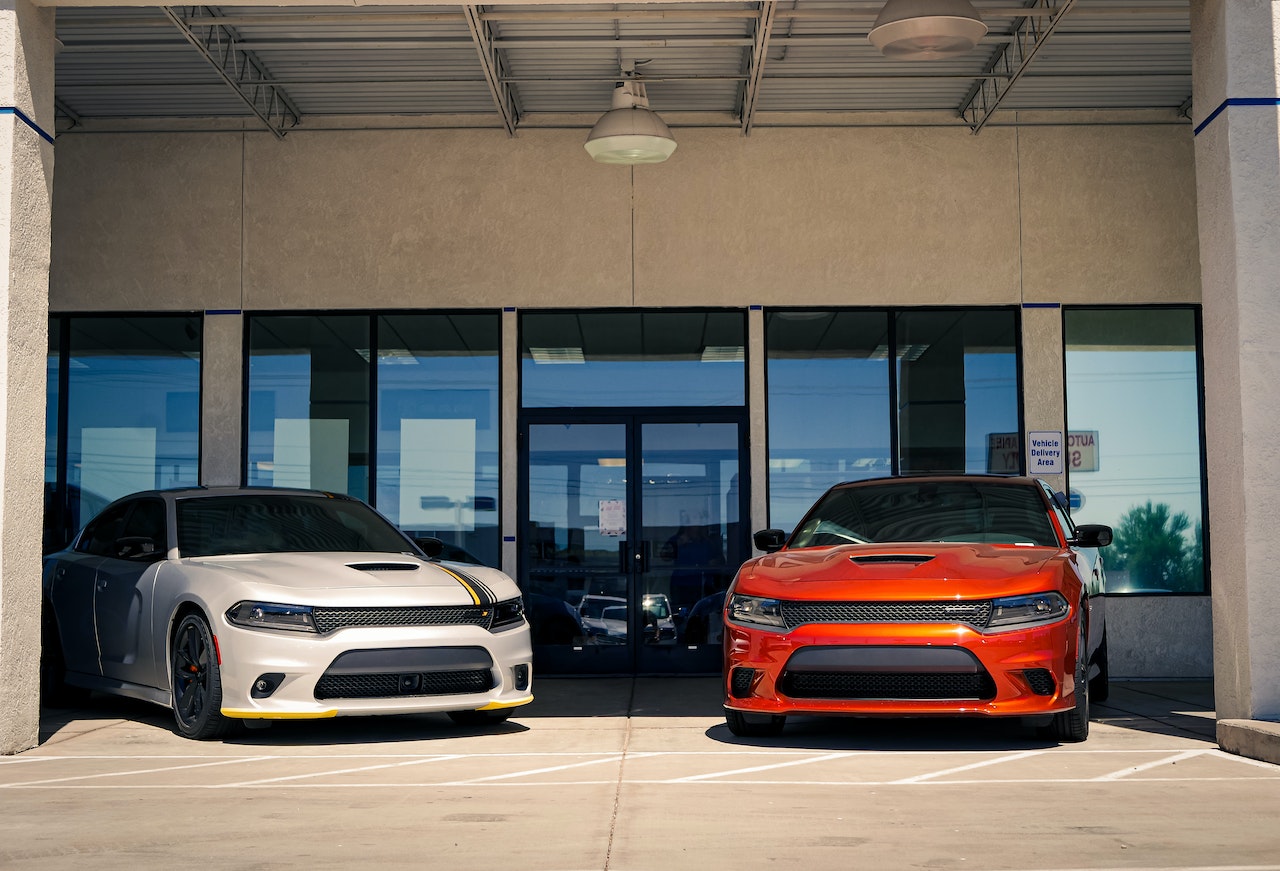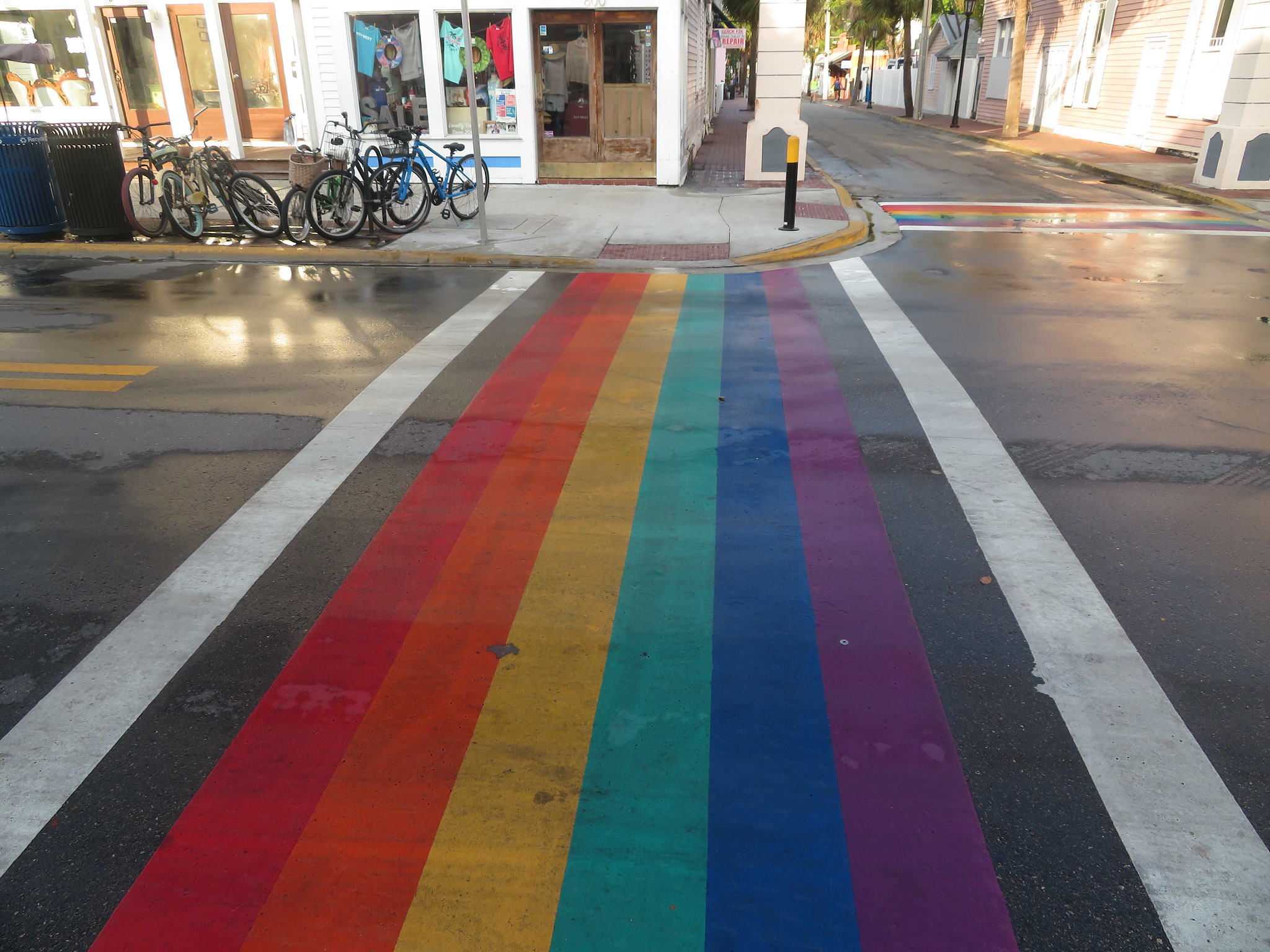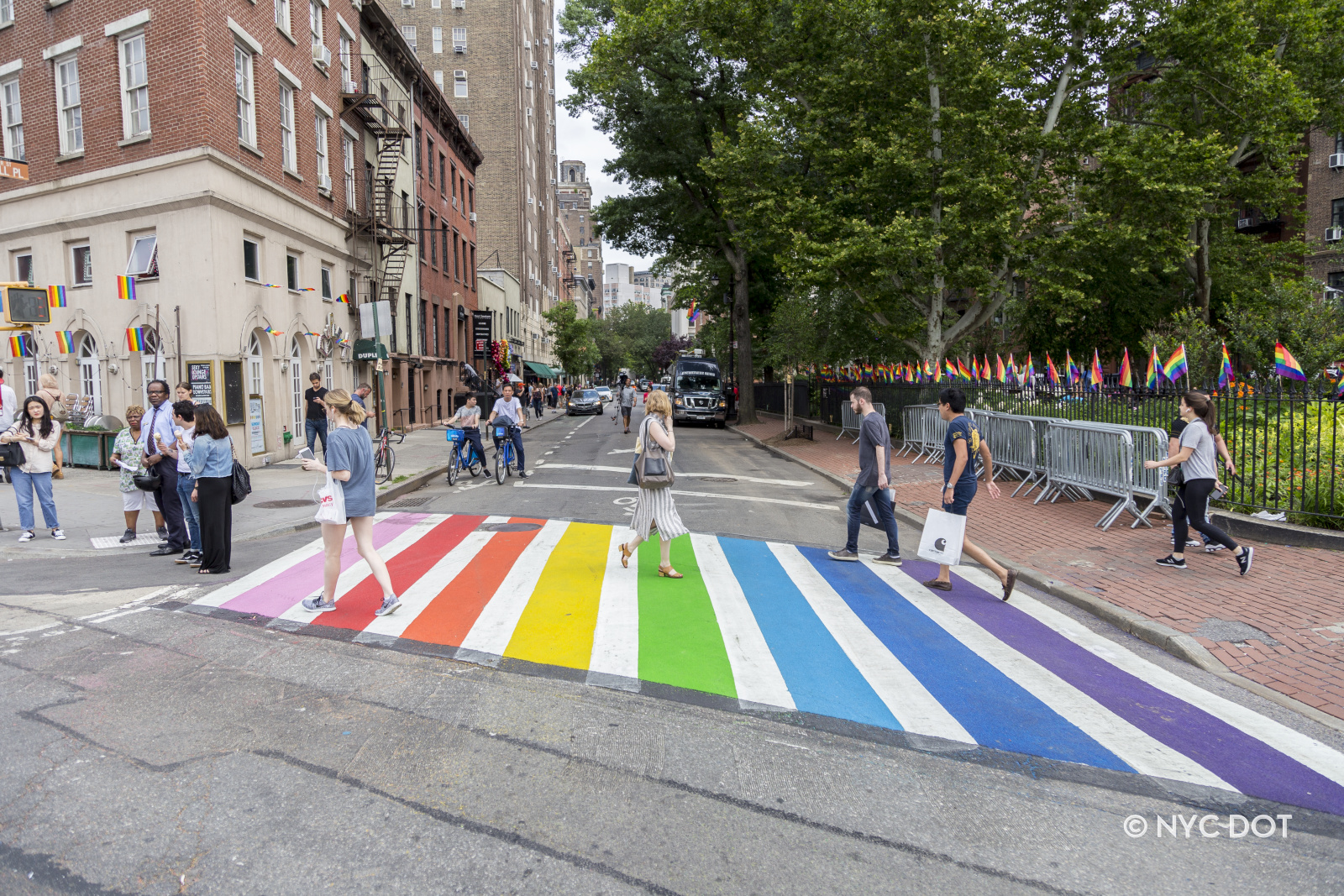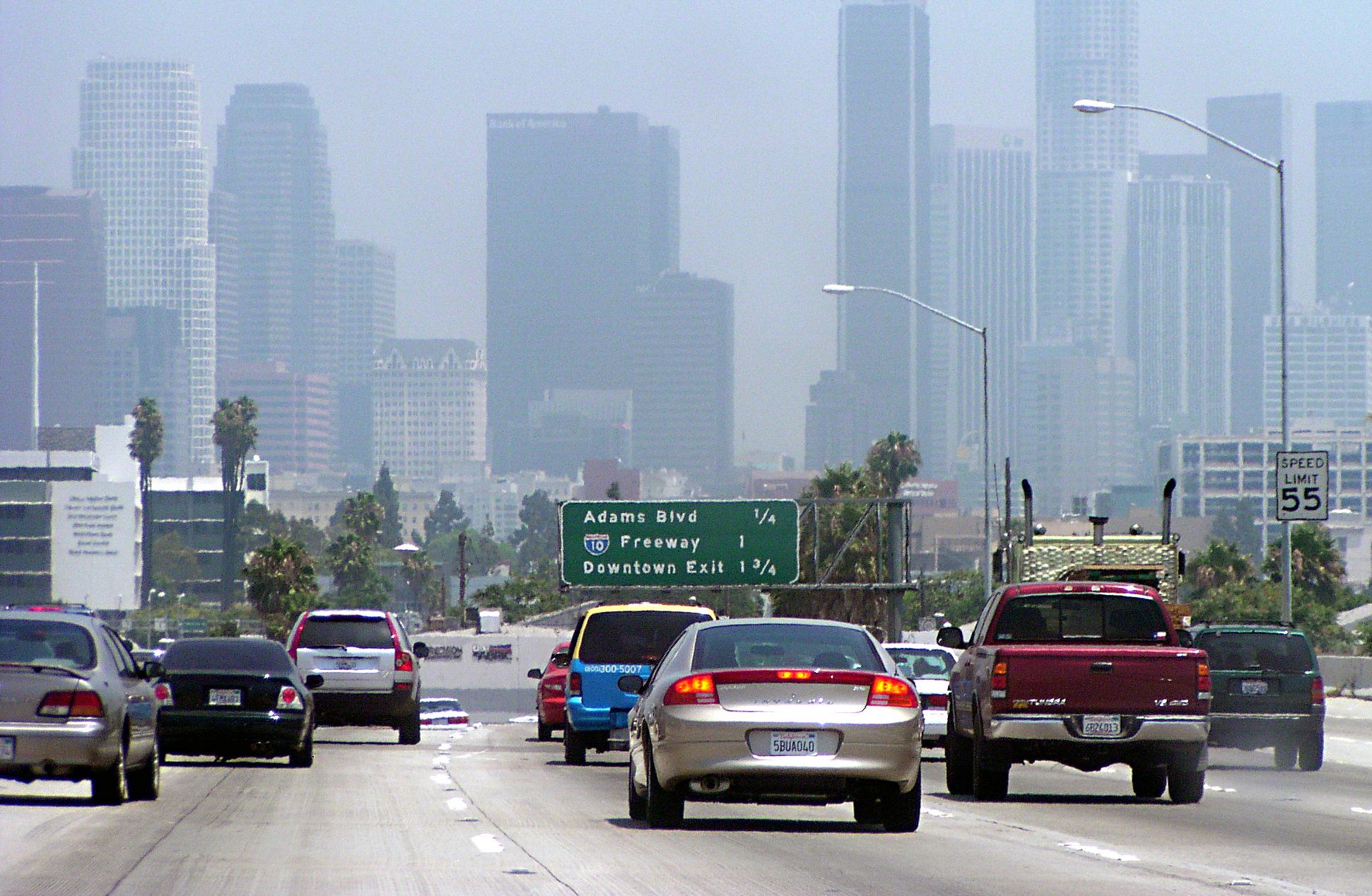On the Network today, a trio of stories illuminating some unexpected patterns in driving:
Driving on the Decline in the Pacific Northwest? Orphan Road offers a set of data showing that traffic volumes throughout the Northwest are declining, at least according to a local news source. Data show a reduction in traffic in Seattle and Portland, and statewide in Washington and Oregon. Earlier reports showed a decline in metro Seattle, but this is the first news we've seen pointing to a regional trend. And Orphan Road adds that in at least one case the decline precedes the 2008 recession or the rise in gas prices. Sightline Daily, which first reported the data, said it's important that traffic engineers take note. "It may not make sense anymore -- and might, in fact, be financially risky -- for transportation planners to assume that demand for car travel will rise in the future the way it did in the 1950s."
How Adding Road Capacity Can Backfire: The Rhode Island Bicycle Coalition examines how adding capacity can actually reduce the efficiency of a transportation system. This effect is explained by the Nash Equilibrium, which claims that drivers, acting selfishly, seek the shortest route to their destination. This competitive behavior, in theory, continues to the point where no single driver can reach her destination more quickly by changing routes. This has led some scientists to argue that the best way to improve traffic flow is to actually remove roads, limiting choice for drivers. It seems that this news -- first published in the 1960s -- has yet to reach state DOTs nationwide.
"Green" Cars Linked to Increased Driving: TreeHugger reports that sustainability superstar Sweden has observed a pattern in its quest to become fossil fuel free by 2020. Emissions from the transportation sector rose by 100,000 tons last year despite a movement toward low-emissions vehicles. Researchers found that while purchases of "green" cars reduced emissions on a per-car basis, a rise in miles driven caused an overall increase in polluting byproducts. The Swedish Transport Agency had this to say about the trend: "It is clear that more effective motors and biofuels are not enough to offset increased traffic -- at the most these can only stabilize emissions levels. To achieve cuts will require a change of direction in the development of society and infrastructure. The car must be less important in favor of increased public transport, cycling, rail transport, and shipping."






